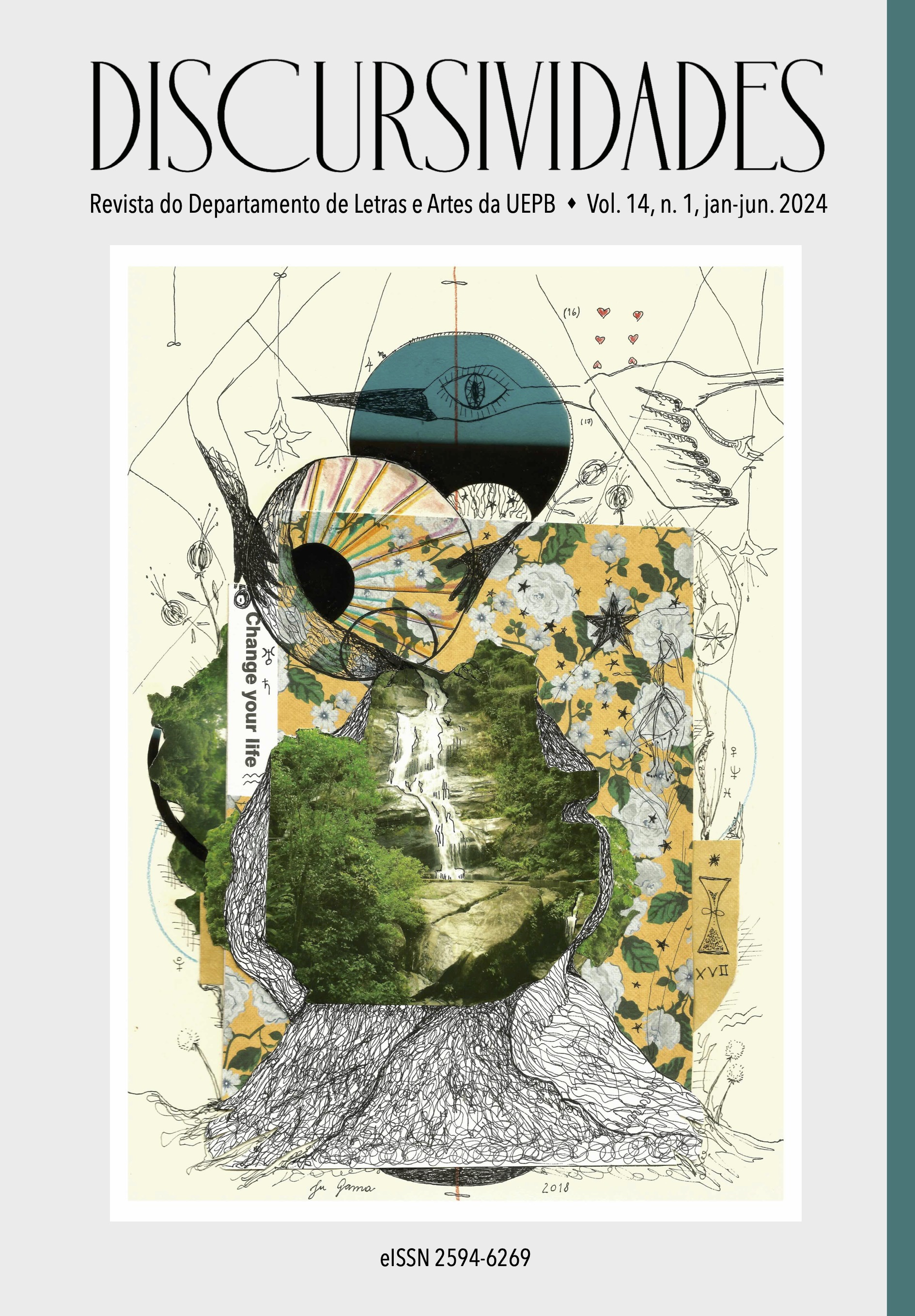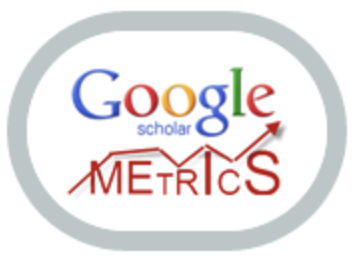Diachronic studies in the training of portuguese teachers
DOI:
https://doi.org/10.29327/256399.14.1-8Keywords:
diachrony, Portuguese language teaching , LatinAbstract
Diachronic linguistic studies are fundamental to the teaching-learning process of the mother tongue. The absence of a historical approach can harm or limit the analysis of linguistic facts and be the cause of insufficient training for teachers in the area. The historicity of Latin teaching in Brazil, from its implementation to its decline, in national curricular matrices, helps to understand the urgency of its valorization as a requirement for the effectiveness of diachronic studies in the curriculum of Literature courses. This article aims to highlight the presence of Latin in Portuguese through the analysis of pre-selected Latin etyms. Bibliographical research applied to corpus analysis is based on the theoretical alignment between historical linguistics and sociolinguistics, taking into account the abundance of lexical variation found in any living language. To achieve the proposed objective, it was necessary to establish the historical path of each lexicon, taking as a starting point the Latin etymon, which promotes a group of words linked to specific semantic fields, in order to first attest to the spelling of certain words standards and according to the legitimacy of non-standard forms. To clarify these issues, the contributions of Viaro (2013), Bagno (2022), Ilari and Basso (2012), among others, are used.
References
AMARANTE, J. O latim no Brasil após a segunda metade do século XX e a emergência de novos materiais didáticos. In: CRAVO, C.; MARQUES, S. (coords.) O ensino das línguas clássicas: reflexões e experiências didáticas. Coimbra: Imprensa da Universidade de Coimbra; São Paulo: Annablume, 2017.
BAGNO, Marcos. A língua de Eulália: novela sociolinguística. 15. ed. São Paulo: Contexto, 2006.
_____. Gramática Pedagógica do Português Brasileiro. São Paulo: Parábola, 2022.
CAMÕES, Luís de. Os Lusíadas. Edição organizada por Emanuel Paulo Ramos. Porto/PT: editora Porto, 1978.
ECO, Umberto. A busca da língua perfeita na cultura europeia. Tradução de Antonio Angonese. São Paulo: Unesp, 2018.
ILARI, Rodolfo; BASSO, Renato. O Português da Gente: a língua que estudamos e a língua que falamos. 1 ed. São Paulo: Contexto, 2006.
LÓPEZ, Emilio Mira. Como estudar e como aprender. Tradução de Felipe Denarti. Campinas, SP: 2020.
MACHADO FILHO, Américo Venâncio Lopes. Novo dicionário do português arcaico ou medieval. 2.ed. Independently published, 2019.
MAGNE, Augusto. Boosco Deleitoso. Ed. Crítica. Rio de Janeiro: INL, 1950.
MALER, Bertil. Orto do Esposo. Texto inédito do fim do século XIV ou começo do XV. Edição crítica com introdução, anotações e glossário. Rio de Janeiro: INL, 1956.
MARTELOTTA, Mário Eduardo. Mudança linguística: uma abordagem baseada no uso. São Paulo: Cortez, 2011.
PRATA, Patrícia & FORTES, Fábio (orgs). O Latim Hoje. Reflexões sobre cultura clássica e ensino. Campinas, SP: Mercado das Letras, 2015.
SAUSSURE, Ferdinand de. Curso de Linguística Geral. Apresentação de Carlos Faraco. Tradução, notas e posfácio de Marcos Bagno. São Paulo: Parábola, 2021.
VIARO, Mário Eduardo. Manual de Etimologia do Português. 2 ed. São Paulo: Globo Livros, 2013.
Downloads
Published
How to Cite
Issue
Section
Categories
License
Copyright (c) 2024 Rinaldo Brandão

This work is licensed under a Creative Commons Attribution 4.0 International License.
Authors who publish in this journal agree to the following terms:
a) Authors retain copyright and grant the journal the right of first publication. The articles are simultaneously licensed under the Creative Commons Attribution 4.0 International Public License (CC BY 4.0) which allows the sharing of the work with acknowledgment of its authorship and initial publication in this journal.
b) Discursividades journal offers immediate free access to its content, following the principle that making scientific knowledge available to the public free of charge provides greater global democratization of knowledge.






